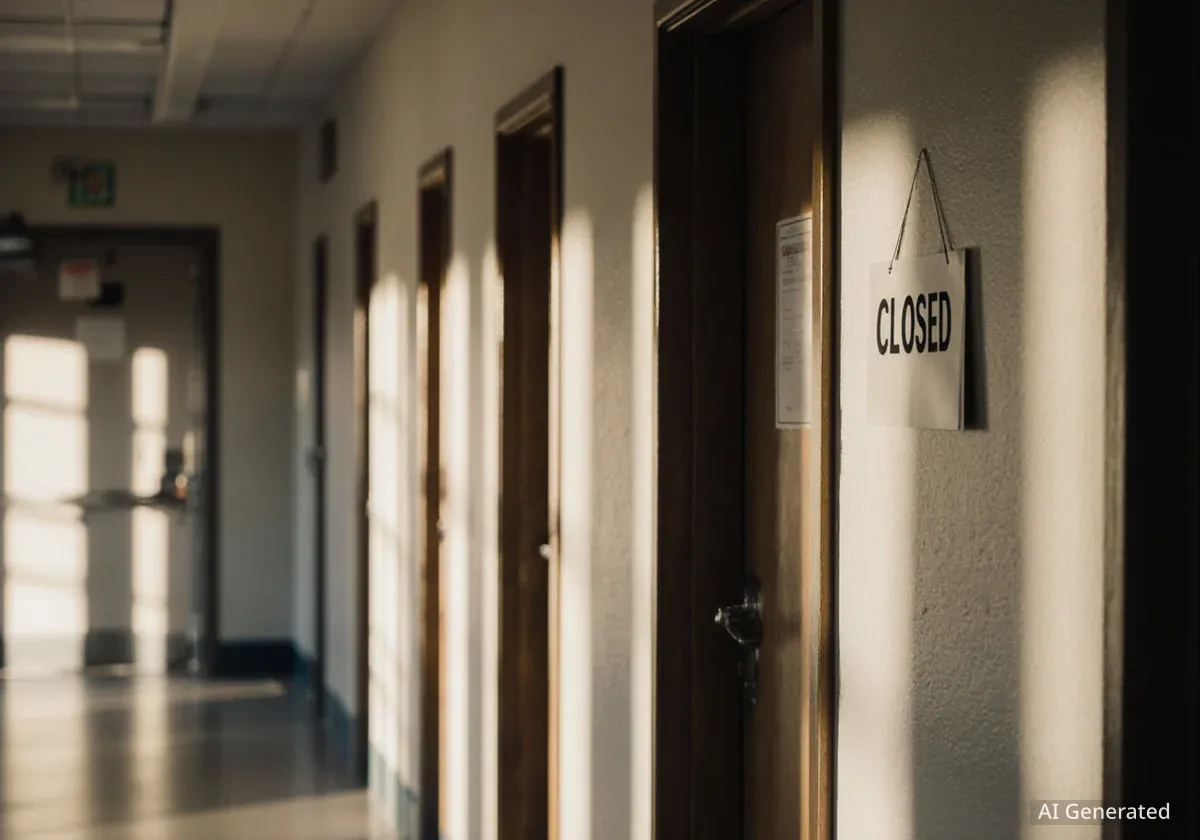A former lecturer at Auburn University, Dr. Candice Hale, has publicly announced her intention to take legal action following her recent termination from the institution. The dismissal is linked to a controversial social media post she made in September, which the university suggested did not align with its values.
Key Takeaways
- Dr. Candice Hale, an English lecturer, was terminated by Auburn University and The University of Alabama.
- The terminations followed a social media post Hale made on September 11 regarding the death of a conservative activist.
- Auburn University issued a statement on September 17 about employee conduct not aligning with university values.
- Hale claims she was treated as a "threat" by the university and is now pursuing legal action.
Details of the Termination
Dr. Candice Hale, who taught English composition, world literature, and African American literature, confirmed her employment status in a social media post on October 16. In her statement, she detailed her dismissal from both Auburn University and The University of Alabama, where she also held a position.
The sequence of events began a month earlier. On September 17, Auburn University released an official statement addressing the termination of employees whose public statements were deemed inconsistent with the university's core values. While the statement did not name specific individuals, its timing followed public attention on Hale's online activity.
The Controversial Social Media Post
The issue stems from a Facebook post Dr. Hale published on September 11. The post was made in response to the assassination of conservative activist Charlie Kirk at Utah Valley University.
In her post, Hale expressed her views on the matter, which quickly drew significant attention online and within the university community. The statement read:
"I do not mourn oppressors. I do not show them empathy. I don't give a damn about evil racist, fascist, misogynistic, homophobic, transphobic, xenophobic, mediocre, white men who claim to be Christian and then do everything Christ would not do on Earth."
This post became the focal point of the subsequent actions taken by her employers, leading to her dismissal from two major state universities.
Timeline of Events
- September 11: Dr. Hale makes her original post on Facebook.
- September 17: Auburn University releases a statement on employee conduct.
- October 16: Dr. Hale announces her termination and intent to take legal action.
Hale's Response and Legal Challenge
In her follow-up statement on October 16, Dr. Hale described her experience with the university administration following her post. She stated that she felt she was treated as a "threat" by the university because of her expressed views.
She has now formally announced her decision to challenge the termination through legal means. While the specific grounds for her lawsuit have not yet been made public, such cases often involve arguments related to First Amendment rights, academic freedom, and the terms of public employment contracts.
Legal experts suggest the case could explore the boundaries of free speech for educators at public institutions and how universities define and enforce policies related to employee conduct, especially on personal social media platforms.
Free Speech in Public Higher Education
The termination of public university employees over social media posts often sparks a complex legal and ethical debate. The First Amendment protects the speech of government employees, including university faculty, on matters of public concern. However, this protection is not absolute. Courts often weigh the employee's speech rights against the employer's interest in maintaining an efficient and disruption-free workplace. The outcome of Dr. Hale's case could provide further clarity on how these principles are applied in modern academia.
University Policy and Public Reaction
Auburn University's September 17 statement emphasized its commitment to its values, implying that certain forms of expression by employees could lead to disciplinary action, including termination. The university has not commented specifically on Dr. Hale's case, citing privacy policies regarding personnel matters.
The incident has generated considerable discussion online and on campus. Supporters of Dr. Hale argue that her termination is an infringement on her right to free speech and academic freedom. They contend that faculty should be able to express personal political opinions without fear of professional reprisal.
Conversely, others support the university's decision, arguing that Hale's post was unprofessional and violated standards of conduct expected from a university educator. This group believes that institutions have a right to distance themselves from speech that could be perceived as promoting hate or violence, regardless of the speaker's intent.
What Happens Next
As this is a developing story, more information is expected to be released as legal proceedings begin. The filing of a lawsuit would make public the specific legal arguments Dr. Hale's team will present against the universities.
The case will be closely watched by academics, civil liberties organizations, and university administrators across the country. Its resolution could have significant implications for how public universities manage employee speech in an increasingly polarized digital landscape. This story will be updated as further details become available.





